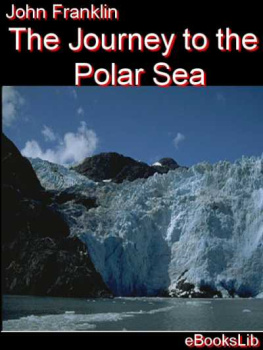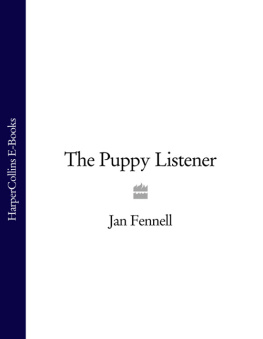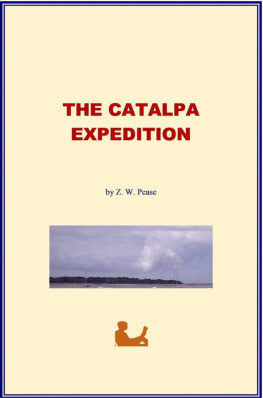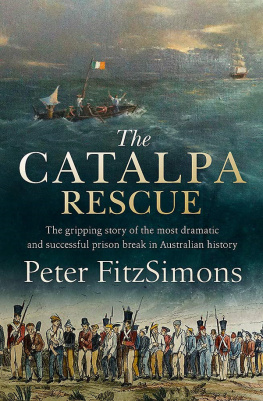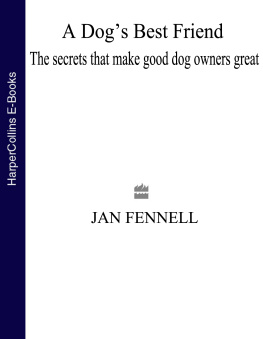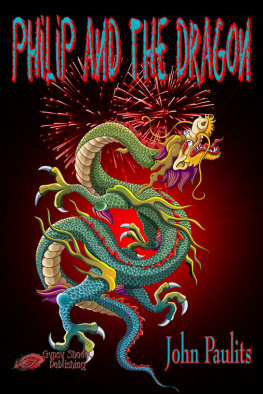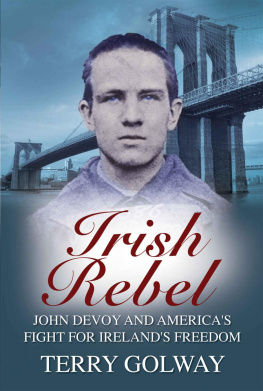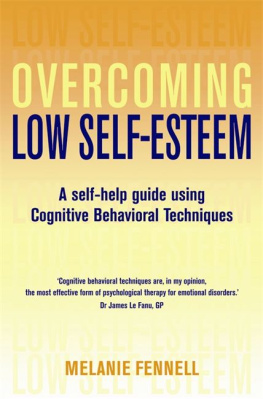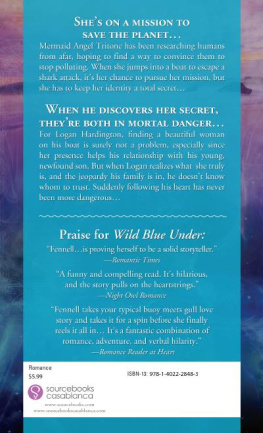Thank you for buying this ebook, published by NYU Press.
Sign up for our e-newsletters to receive information about forthcoming books, special discounts, and more!
Sign Up!
About NYU Press
A publisher of original scholarship since its founding in 1916, New York University Press Produces more than 100 new books each year, with a backlist of 3,000 titles in print. Working across the humanities and social sciences, NYU Press has award-winning lists in sociology, law, cultural and American studies, religion, American history, anthropology, politics, criminology, media and communication, literary studies, and psychology.
NEW YORK UNIVERSITY PRESS
New York and London
www.nyupress.org
2006 by New York University
All rights reserved
Library of Congress Cataloging-in-Publication Data
Devoy, John, 18421928.
John Devoys Catalpa expedition / Philip Fennell and
Marie King, editors.
p. cm. (Ireland House series)
Includes bibliographical references and index.
ISBN-13: 978-0-8147-2748-5 (cloth: alk. paper)
ISBN-10: 0-8147-2748-4 (cloth: alk. paper)
1. Fremantle (W.A.)History. 2. IrishAustraliaFremantle
(W.A.)History19th century. 3. EscapesAustraliaFremantle
(W.A.)History19th century. 4. Political prisoners
AustraliaFremantle (W.A.) 5. Penal coloniesAustralia
Fremantle (W.A.) 6. Catalpa (Bark) 7. Fenians.
I. Title: Catalpa expedition. II. Fennell, Philip. III. King, Marie.
IV. Title. V. Series.
DU380.F8D48 2006
994.11dc22 2005024874
New York University Press books are printed on acid-free paper,
and their binding materials are chosen for strength and durability.
Manufactured in the United States of America
10 9 8 7 6 5 4 3 2 1
FOREWORD
Martin Kevin Cusack
The story of this daring and noble historical event has been told before. Other historians over the years, sensing its importance as a reflection of the burning desire of the Irish for freedom, have published it or alluded to it many times in articles, in books, and even as an Australian radio drama. This book, by Philip Fennell and Marie King, descendants of pardoned Fenian prisoner Thomas McCarthy Fennell, brings us a first-hand primary source account of the episode written by men more personally and directly involved in the episode than previous historians.
This is the work of one of the Irish-born American Fenians, John Devoy, who shouldered much of the responsibility for planning the daring enterprise and moving it forward. His was the onerous task of raising funds to purchase, fit out, and man the whaling ship Catalpa. The task was made even more difficult by both skepticism about the success of the venture and suspicions of dishonesty engendered by the need for absolute secrecy about details, which need required that specifics be withheld from nearly seven thousand American Fenians from whom subscriptions for funds were sought.
Though it has been told before, and though it narrates an event that occurred more than 125 years ago, this story is timely today because it causes us to reflect upon fundamental values that are basic to a civilized free society. These men, in most cases with the support of their families, succeeded in this enterprise because they were imbued with a strong sense of sacrifice, loyalty to their comrades, and dedication to the principles of justice and freedom.
It is not just a story of the Irish desire for freedom from British rule. It is about America and the American spirit of liberty. The Fenians, known as the Irish Republican Brotherhood in Ireland and later as the Clan-na-Gael in the United States, and their predecessor organization, the Young Irelanders, all upheld America as a role model. Our Fenian antecedents in their memoirs, poetry, and diaries frequently extolled the American achievement as an inspiration as they strove to free Ireland from British rule. References to America, sometimes called Columbia, are to be found in the diaries and letters of my forebear, John Sarsfield Casey (The Galtee Boy), and Denis B. Cashman, as well as in the memoir of Thomas McCarthy Fennell and the literature of John Boyle OReilly.
Those four Fenians, who earlier had written of their experiences, as well as the six who were freed by the Catalpa rescue, shared the hardships of transportation to Australia aboard the Hougoumont, the last of the convict ships, and incarceration in Fremantle Prison. Upon release, most of those who were civilians with shorter sentences made their way to America, but they never forgot their left-behind comrades, who, as British military men, did not benefit from the amnesty granted the civilians.
In America, over the 150 years prior to the War of Independence, an American culture of e pluribus unum (one out of many) had evolved. Of that culture were Captain George Anthony, his cousins, his forebears, and his associates, as well as the millions of assimilated immigrants who followed in the nineteenth-century. The unique American culture also called for embracing the idea of individual self-reliancea kind of personal independence enjoyed by citizens of the now independent, free country. They lived in an atmosphere that was ideally suited for the conception of grand ventures of this kind.
Having achieved independence, the new countrys leaders had the wisdom to adopt that truly revolutionary document, the United States Constitution, which established the severely limited form of self-government that enabled liberty to thrive and a great nation to emerge. The newly founded American country gave its citizens a maximum of privacy and freedom from their own government. Americans of that period were free to succeed or fail in life. They did not ask what their government could do for themthat was the thinking of peoples content to live under monarchs or socialism.
The seemingly impossible goal of first freeing men from a remote prison and then rescuing them from a foreign land more than fourteen thousand miles distant called for imaginative planning and daring execution. The undertaking, of necessity, brought together elements of the American culture in the Yankee Grit of Captain George Anthony and the characteristic raw courage of the heretofore failed (and jailed) revolutionariesthe newly exiled-to-America Irish Fenians.
Some of the latter (even Devoy, initially) offered plans that were wholly impractical, such as forming an armed band of men to free the prisoners by an assault on Fremantle Prison. Though well-intentioned, their ideas were similar to the thinking of earlier American Fenians who had hatched such harebrained, doomed-to-failure schemes as invading Canada to trade captured Canadian territory for Irelands freedom from Britain.
Fortunately, there were among the planners exiled Irish Fenians in America who had absorbed the American culture and brought sensible ideas as well as courage (Irish Skill) to the fore: workable plans that ultimately led to success when joined in brilliant execution with Yankee Grit. (Irish Skill and Yankee Grit are from the title of Devoys first chapter.) These were men like Thomas McCarthy Fennell, Denis B. Cashman, and, of course, John Boyle OReilly and John Devoy. Fennell was the first to propose a practical plan: send a ship in the guise of a grain or cargo carrier that would earn revenue to offset some of the burdensome costs of the venture. As it turned out, the plan finally settled upon by OReilly and others, a whaling expedition that included revenue-earning expectations, had its roots in the plan Fennell had first proposed.




